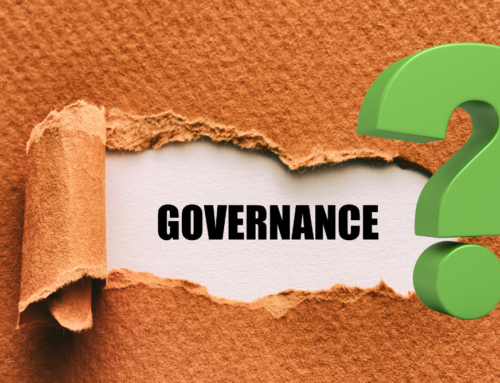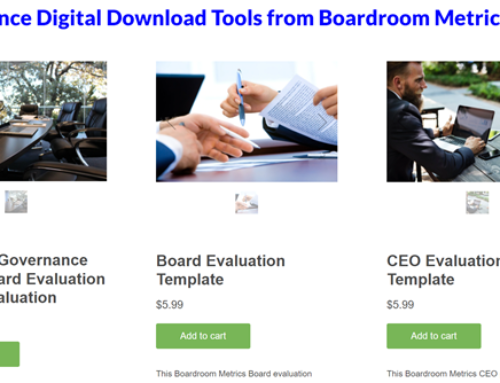 Here are the Board effectiveness evaluation top four findings. These findings are from Board effectiveness evaluations conducted by Boardroom Metrics over the past five years.
Here are the Board effectiveness evaluation top four findings. These findings are from Board effectiveness evaluations conducted by Boardroom Metrics over the past five years.
1. Many Directors lack a common understanding of the Board’s role.
A critical step in every Board evaluation is the Director interview. One of the questions we ask each Director is to define the Board’s role. It is very uncommon to get a consistent answer from Directors on this. Although most Directors seem clear that a Governance Board’s role is separate from operations, they struggle to define what oversight means. This impacts Governance effectiveness and makes Governance process much more difficult.
2. Directors lack a common understanding of the organization’s mission.
Mission defines who an organization serves and how. For Directors to oversee organizational risk and strategy, they must be clear what the organization’s mission is. Yet it’s very common to find that most Directors cannot describe a common understanding of the organization’s mission. Again, good corporate governance is impossible when this happens. It’s like coaching a team that doesn’t have game plan.
3. Board composition is too narrow.
Corporate governance is the practice of oversight. To provide strong oversight, Boards require a range of expertise that matches the risks the organization is facing and the strategies it is pursuing. Technology expertise is a good example. All organizations rely on technology and the risk they face are substantial. However, only a small percentage of Boards include Directors with technology backgrounds.
4. Many Board discussions lack governance context.
It’s common to talk to Directors frustrated by the amount of time spent on seemingly irrelevant priorities. Priorities become irrelevant when they are not related to the corporate governance function of the Board – when they are focused on operating or other issues that are not the Board’s responsibility. Fixing this depends on understanding the Board’s role clearly and establishing Board meeting and other agendas that clearly connect discussion topics to governance priorities.
Board Self Evaluations Seldom Identify These Findings
The majority of Boards will have similar opportunities to improve corporate governance effectiveness. However, it’s worth noting that Boards who self-evaluate rarely recognize these opportunities. That’s because Board who self-evaluate tend to over-rate their effectiveness. There are some very logical reasons for this.
Boards interested in improving their Board evaluation outcomes can adapt their self-assessment process or engage an outside firm that is objective and knowledgeable.
Here is more information on the Boardroom Metrics Board Effectiveness evaluation process.








Leave A Comment